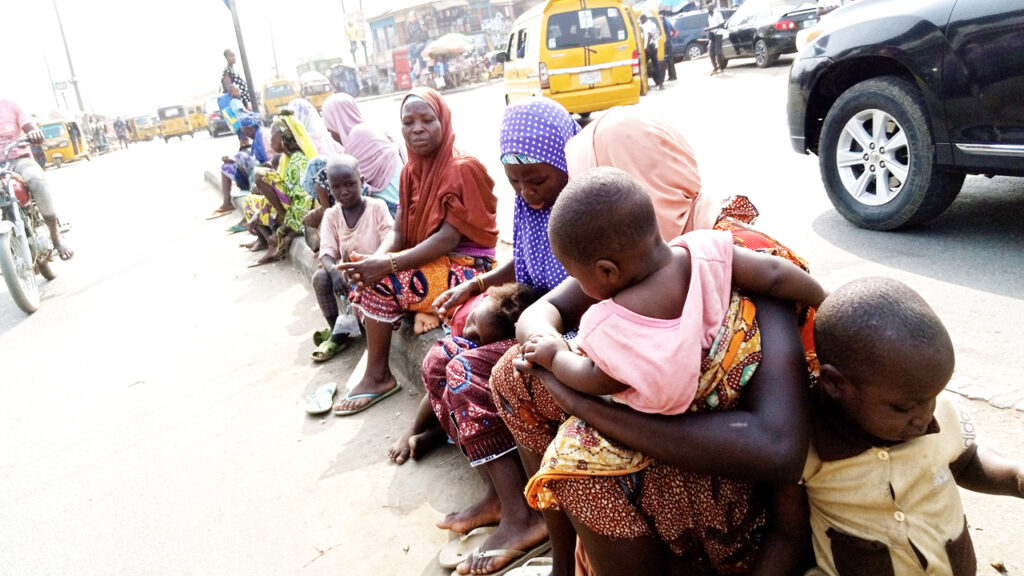In recent years, Ghana has been grappling with a troubling trend: deported immigrants returning to the country within a short period. Despite government efforts to remove undocumented immigrants, many of whom engage in exploitative practices such as using children for street begging, the cycle of deportation and re-entry persists. This recurring problem calls for a more holistic and sustainable approach.
Immigrants in Ghana, when properly integrated, can make valuable contributions to the economy and social fabric. However, cases where some exploit vulnerable children or engage in harmful activities undermine community welfare and hinder national development. Such exploitation not only endangers children but also erodes public trust and social stability.
Although deportation is used as a corrective measure, it has proven insufficient as a standalone solution. Many deported individuals manage to return within weeks, resuming the same harmful practices.
This highlights two pressing concerns: the effectiveness of Ghana’s immigration policies and the absence of robust support systems to manage immigrant integration.
The repeated return of deported immigrants places additional strain on the country’s limited resources while exposing loopholes in border control and enforcement mechanisms.
Beyond security concerns, the situation points to the urgent need for a more balanced and compassionate strategy that addresses both the symptoms and root causes of the problem.
A comprehensive response must go beyond deportation. This involves strengthening collaboration with immigrants’ home countries, providing education and awareness on lawful migration, and investing in community-based support systems to help immigrants integrate productively.
By tackling poverty and desperation, drivers that often push immigrants into exploitative behaviors; Ghana can reduce the recurrence of these challenges.
Ultimately, the deportation of undocumented immigrants should remain a tool for maintaining order, but it must be complemented with preventative and rehabilitative measures.
Only through a combination of enforcement, cooperation, and support can Ghana break the cycle of re-entry and foster a safer, more inclusive society.
The challenge of deported immigrants returning shortly after expulsion is not just a border security issue, it is a social concern requiring a multifaceted response.
By addressing underlying issues, providing opportunities for lawful integration, and working closely with all stakeholders, Ghana can transform a recurring problem into an opportunity for stronger social cohesion and sustainable national growth.
By Rashida Bashiru


